Feed Ingredients
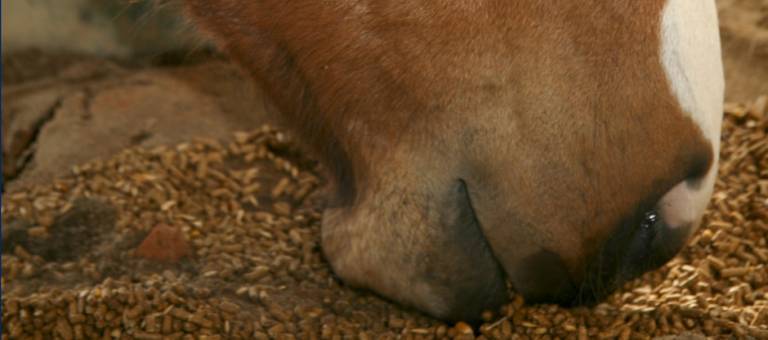
April 30, 2013
Cobalt in Equine Diets
Cobalt supplementation is important in areas where soil may be deficient, such as New England and Florida in the
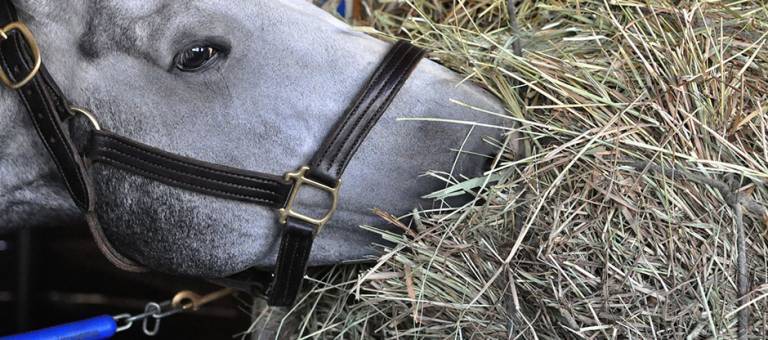
April 11, 2013
Are There Advantages to Feeding Horses Pelleted Rather Than Loose Hay?
There was no significant difference between the digestibilities of any of the nutrients in the long-stem or pelleted alfalfa
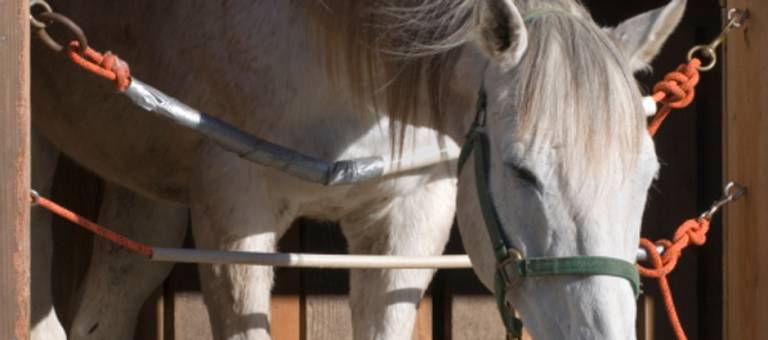
April 11, 2013
Vitamin D in Equine Diets
Modern horsemanship practices may predispose the horse to suboptimal intakes of vitamin D. Restricting the amount of turnout for horses to
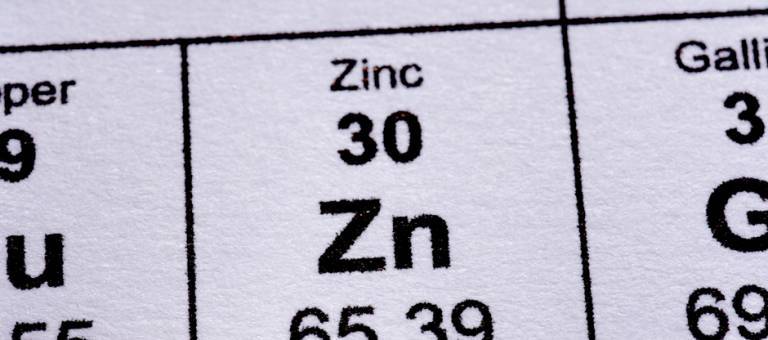
April 08, 2013
Trace Minerals for Horses: Zinc and Copper
The use of copper and zinc supplementation in modern horse feeds for all classes of horses stems from the
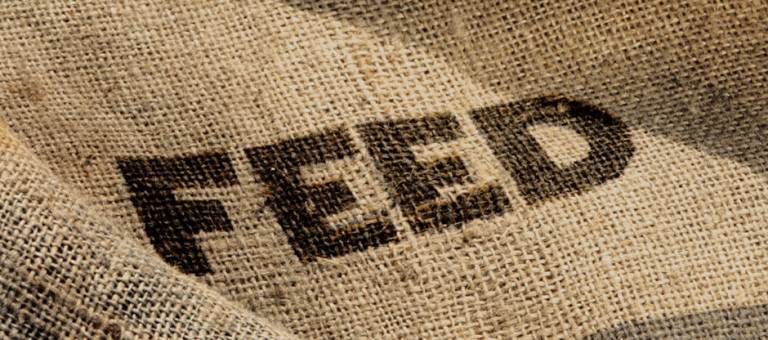
April 03, 2013
Differences in Feeding Horses in the U.S. and U.K.
Horses are fed essentially the same things—forages and grains—all over the world, but the forms in which these basics
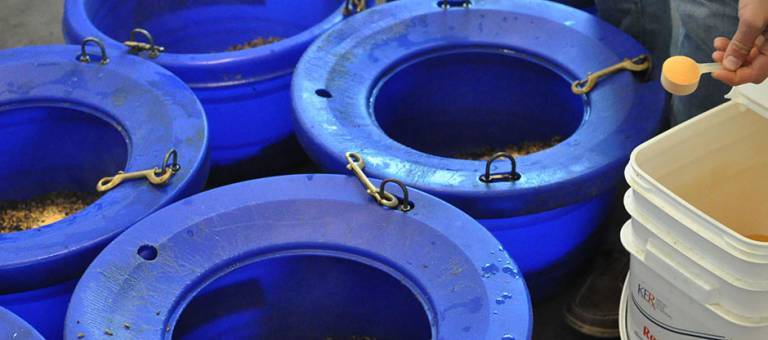
March 29, 2013
Is Sugar Helpful as an Ingredient in Electrolyte Supplements?
Commercial electrolyte products often contain dextrose, which is thought to improve electrolyte uptake in horses. Studies conducted at Kentucky
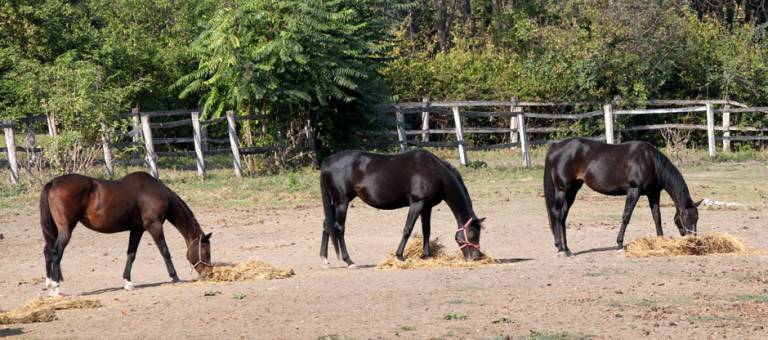
March 26, 2013
Alfalfa Hay for Horses May Contain Toxic Blister Beetles
Alfalfa (lucerne) hay is classified as a high-quality forage for horses, providing significant levels of both energy and calcium.
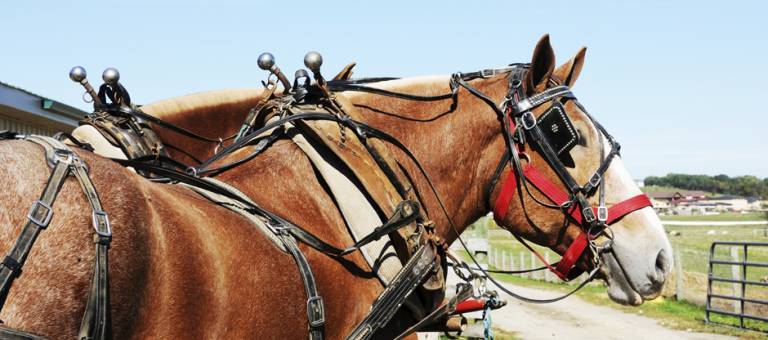
March 12, 2013
Importance of Chromium in the Diet
A study reported that supplementing performance horses with 5 mg/day of chromium in the form of chromium yeast had
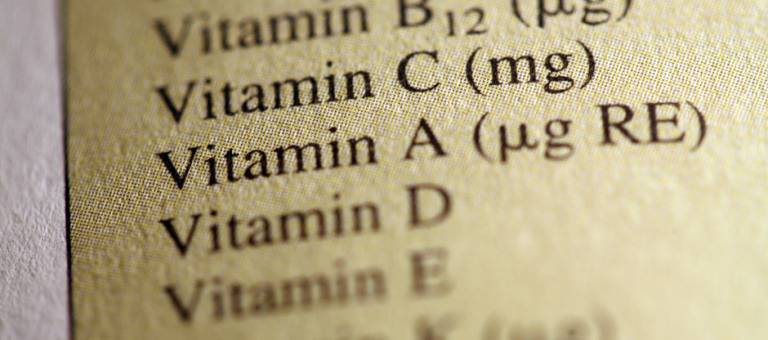
March 06, 2013
What Type of Vitamin E Is Most Efficiently Absorbed by Horses?
Nine mature unexercised Thoroughbred geldings were divided into three groups and supplemented with synthetic (SYN), natural-source (NAT), or micellized
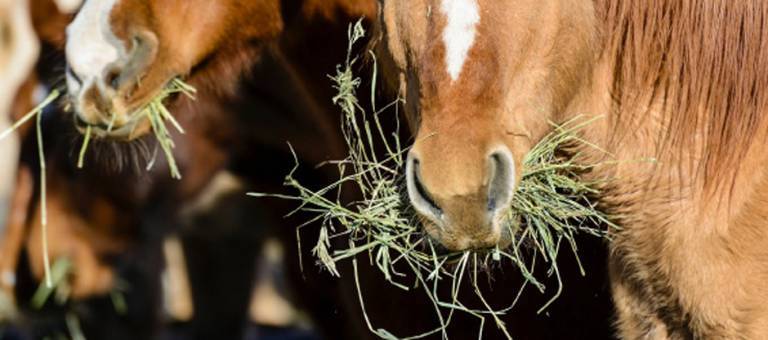
March 05, 2013
Iodine: Essential Trace Mineral for Horses
The thyroid hormones affect all of the organ systems, muscle metabolism, the nervous system, respiration, and the cardiovascular system.







